Georgia Lawmaker, Who Left Democratic Party, Warns Fani Willis’s RICO Cases Against Trump, Young Thug Could Become ‘Complete Disasters’
State Representative Mesha Mainor says the Young Thug trial is ‘exposing’ a ‘corrupt system.’

A Georgia state lawmaker is warning that Fulton County District Attorney Fani Willis’ cases against President Trump and rapper Young Thug could become “complete disasters” for taxpayers.
State Representative Mesha Mainor, a Black Republican who defected from the Democratic Party last year and represents part of Fulton County, which comprises much of majority minority downtown Atlanta, says the two high-profile cases are case studies for criminal justice reform.
While Ms. Mainor referred to both the Trump and Young Thug prosecutions, she focused her fire on Ms. Willis’ handling of the rapper’s case.
In an op-ed ahead of a hearing on criminal justice reform, Ms. Mainor writes, “Criminal justice, including the never-ending YSL trial, is concerning a significant portion of Fulton County residents as they brace themselves for the final bill of the taxpayer-funded longest trial in Georgia history under the direction of District Attorney Fani Willis.”
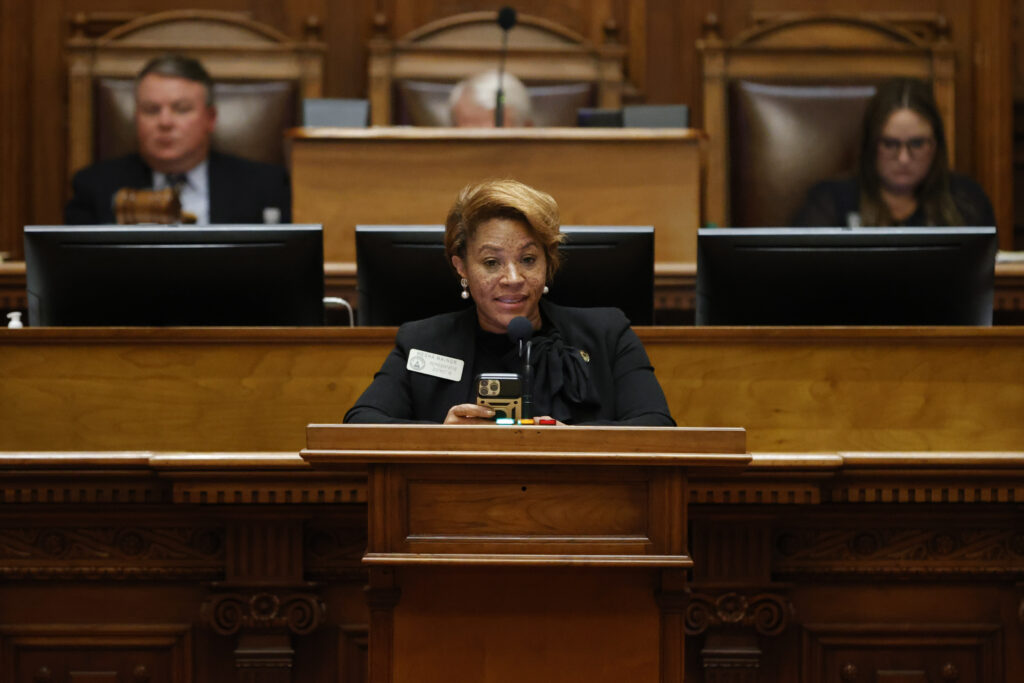
“Georgia-based YouTubers, like The Lead Attorney or national streamers like DJ Vlad, bring millions to Fulton County each day to watch a criminal justice soap opera,” she continued. “The YSL trial is an international spectacle, exposing what many are unfortunately describing as a corrupt system that favors itself over the people it represents – a case study for criminal justice reform.”
The ongoing trial of Young Thug, which began in November 2023 and has become the longest trial in Georgia’s history, is not expected to finish until 2025.
Ms. Willis is using racketeering laws, designed to prosecute the mob, to charge Young Thug, a Grammy-winning rapper and proprietor of YSL Records whose real name is Jeffery Williams, with overseeing the bloodthirsty YSL gang in its reign of terror over Fulton County. Multiple alleged members of the YSL gang – YSL is believed to stand for “Young Slime Life” – have also been charged.
Mr. Williams’ defense attorneys contend that he is nothing more than an artist and that the YSL in YSL Records stands for “Young Stoner Life” and also alludes to the fashion brand Yves St. Laurent (Mr. Williams was a fixture at fashion shows and posed in a dress for Vogue). His attorneys also say “Thug” stands for “Truly Humble Under God.”
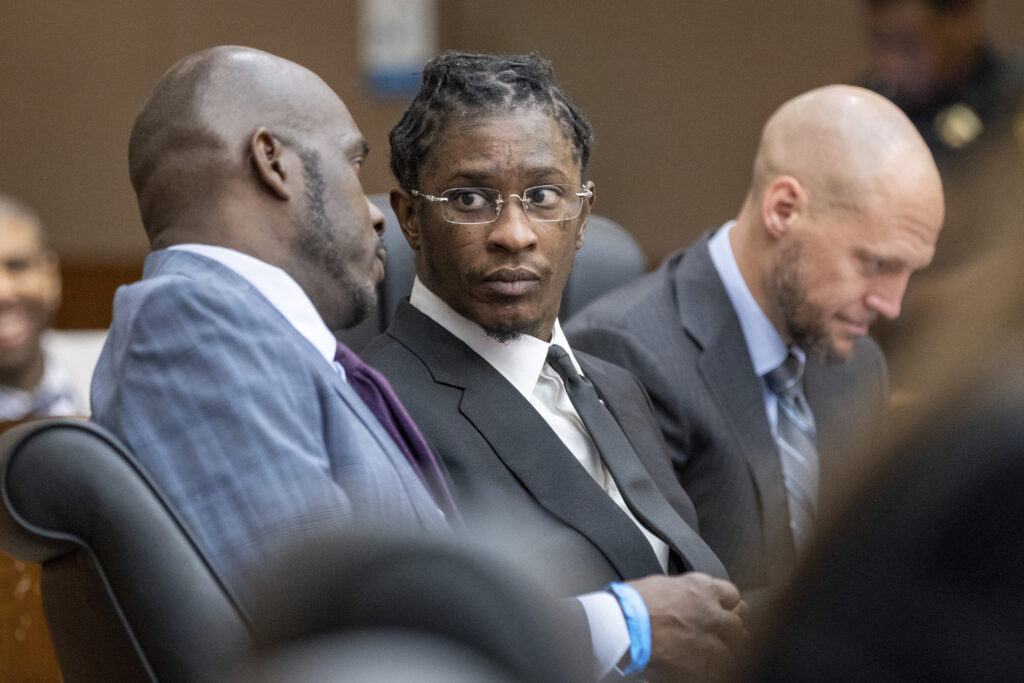
Ms. Mainor, in her denunciation of Ms. Willis, highlighted several issues and moments of chaos that have arisen in the YSL trial, such as a private meeting between the presiding judge, prosecutors, and a witness, in which defense attorneys were not present. That meeting led to Fulton County Superior Court Chief Judge Ural Glanville recusing himself from the case (but not before he’d threatened to jail a defense attorney). The judge, who was supposed to replace Mr. Glanville, recused herself after discovering a former courtroom deputy had an inappropriate relationship with an incarcerated co-defendant.
Ms. Mainor also pointed out how Ms. Willis’ prosecutors in the case have been reprimanded by the new judge overseeing the trial, Paise Reese Whitaker, for their “repeated lapse of knowledge in prosecutorial rules” and terrible lawyering.
“The YSL trial unfortunately overshadows the good work of Fulton employees and other elected officials who strive to provide quality service and follow the law,” she wrote. “As the world continues to bite their nails watching two RICO cases in Fulton County, against Thug and Trump, both may end up as complete disasters for one district attorney and the millions of citizens who are funding them both. Any failure to address the issues of injustice will not go unnoticed or unpunished in the court of public opinion.”
Ms. Mainor is not a fan of Ms. Willis and sued her in April for allegedly failing to properly investigate stalking charges against a former campaign volunteer.
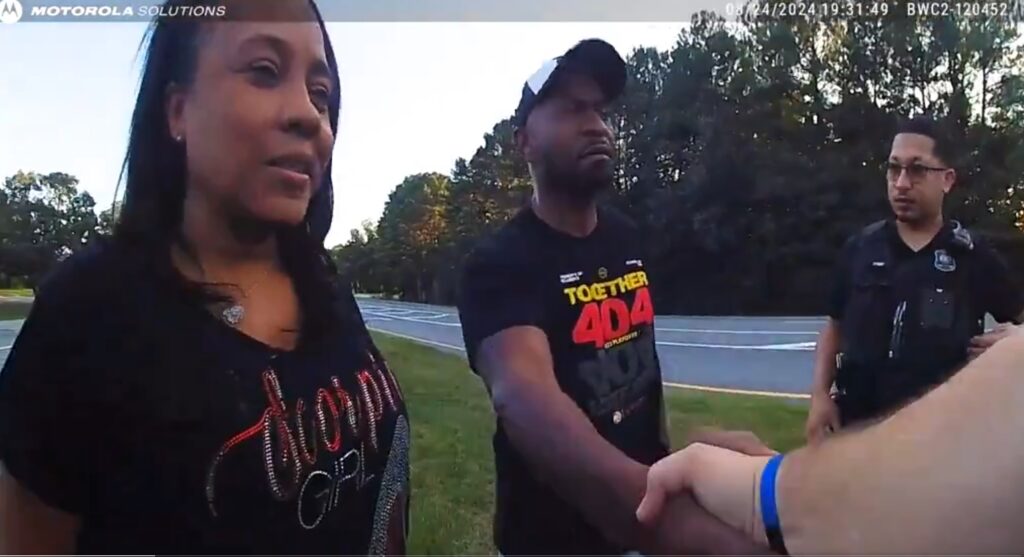
But as Ms. Mainor points out, the trial of Mr. Williams has indeed been mired in controversies and delays. Last week, the proceedings got bogged down over questions about how files presented by the prosecution, once believed to be lost and sought by defense attorneys, suddenly turned up. The judge also threatened to end the live stream of the trial – which is being closely watched by a global audience – after an image of a witness surfaced online in violation of the judge’s order.
And in yet another embarrassment for Ms. Willis’ office, Ms. Whitaker scolded the prosecution after the chief deputy district attorney, Adriane Love, tried to introduce hearsay evidence in an exhibit.
Keith Adams, an attorney for Mr. Williams, requested that the jury be excused. He sought a mistrial over the hearsay evidence. Once the jurors left the courtroom, the judge criticized the prosecution for the “haphazard way” the case had been presented.
“I really don’t want to believe that it is purposeful, but honestly, after a certain number of times, you start to wonder how can it be anything but that, unless it is just that you are so unorganized that you are throwing this case together as you try it,” Ms. Whitaker said, sounding audibly frustrated.
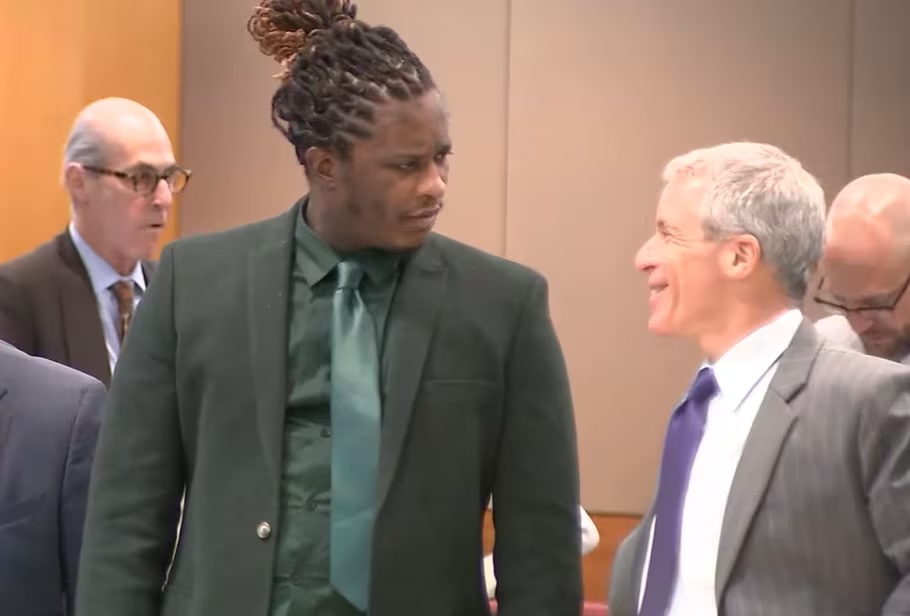
Ms. Whitaker added she finds it “baffling” that a prosecutor with years of experience “continues to seemingly purposefully hide the ball to the extent that you possibly can for as long as you possibly can.”
Amid creeping questions about whether the prosecution is purposefully trying to get a mistrial so it can try the case again, the judge said she hoped the missteps were the result of “poor lawyering” and denied the defense’s mistrial motion.
In August, the prosecution suffered a major blow after its star witness, “Lil Woody,” said he lied to detectives about Mr. Williams’ alleged criminal activity.
Once on the stand, “Lil Woody,” whose legal name is Kenneth Copeland, in a scene reminiscent of Frank Pentangeli’s Congressional testimony in “The Godfather Part II”, repeatedly claimed he did not “recall” details of his sworn statements. He also insisted his statements to investigators were fabricated and that he told them “whatever they wanted to hear or whatever they wanted me to say.”
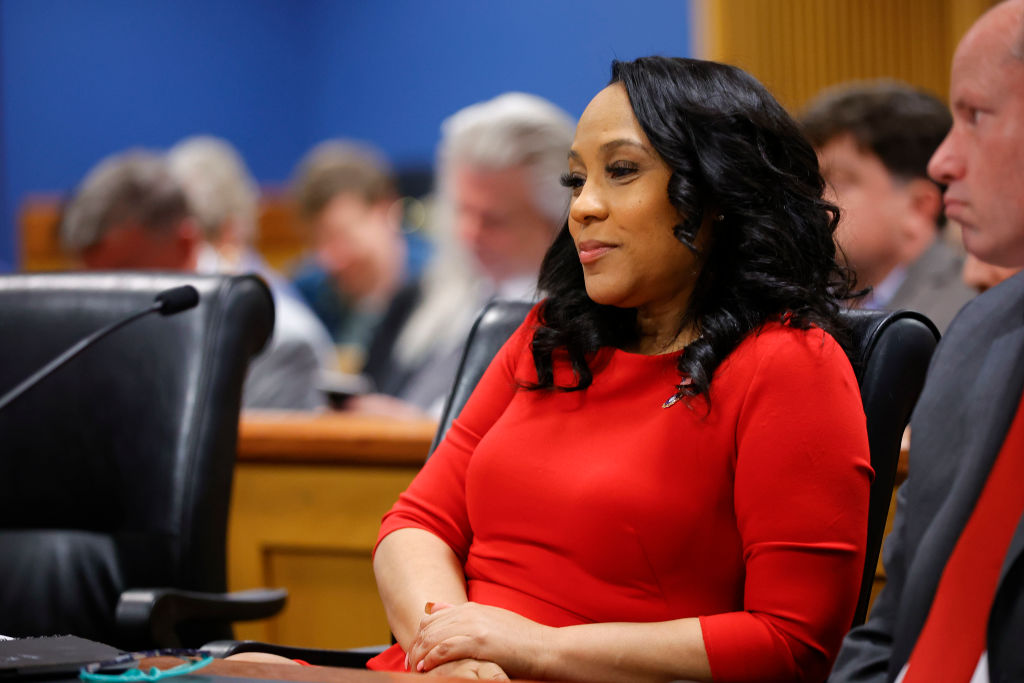
The trial of Mr. Williams and his co-defendants has been seen as a potential indicator of how the case against Trump, whom Ms. Willis charged under the same statute for his alleged efforts to overturn the results of the 2020 election in Georgia, could pan out.

